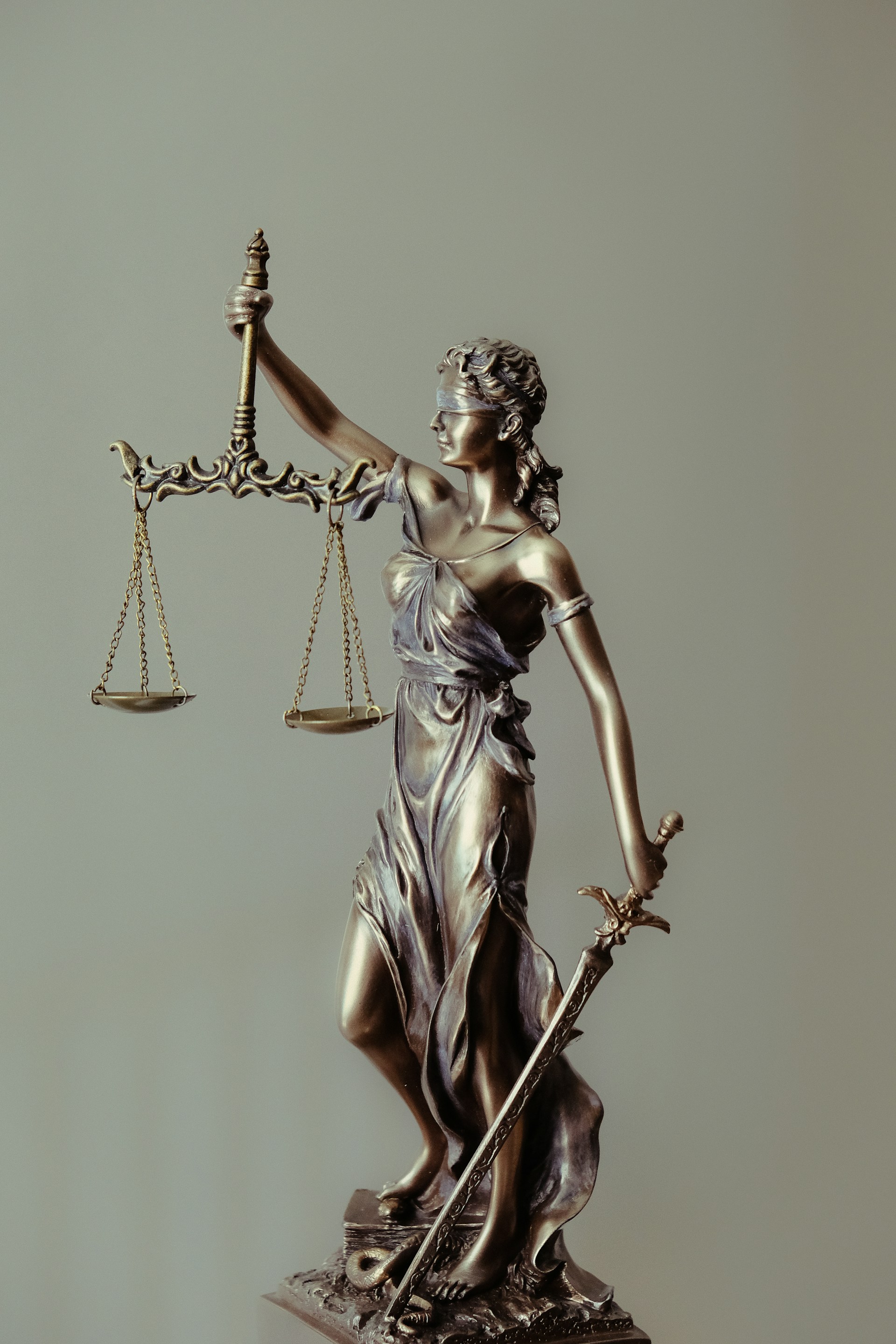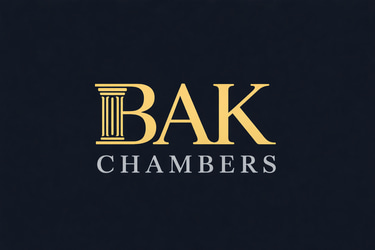
How to Write a Witness Statement | Expert Guide Following UK Court Rules
Learn how to draft a strong, court-compliant witness statement using UK Civil Procedure Rules (CPR 32) — essential for legal proceedings worldwide. Expert tips, structure, and professional support at lower costs.
BAK Chambers
4/19/20253 min read
A witness statement is a crucial document used in legal proceedings around the world. Whether you're preparing for court in the UK, the US, or elsewhere, a properly drafted witness statement can greatly influence the outcome of a case. It sets out the evidence a witness intends to give at trial, in their own words, and often replaces live oral testimony.
In this article, we will explore what a witness statement is, how it is drafted according to UK court rules (CPR 32), and offer practical guidance applicable internationally.
What Is a Witness Statement?
A witness statement is a written document setting out a witness’s account of the facts relevant to a case. It serves as the witness's evidence-in-chief during a trial, meaning the primary evidence they would give if called to testify in person. In many jurisdictions, particularly in civil proceedings, witness statements are exchanged between parties before a trial and relied upon during hearings instead of oral examination.
Key Purposes of a Witness Statement:
To present evidence clearly and systematically
To avoid surprises at trial
To allow the court and opposing parties to prepare adequately
In the UK, a witness statement must comply with specific rules found in Part 32 of the Civil Procedure Rules (CPR) and Practice Direction 32.
Elsewhere, while procedures differ, the importance of presenting clear, factual evidence remains constant.
How to Write a Witness Statement (Following UK Court Rules)
1. Initial Preparation
Identify the facts the witness has personal knowledge of.
Confirm relevance: Only facts pertinent to the legal issues should be included.
Interview the witness carefully to ensure no key points are missed.
Explain the duty of honesty, as a witness statement carries penalties for falsehood under oath.
2. Formal Requirements (UK-Focused)
According to CPR 32 and Practice Direction 32, a valid witness statement must include:
The full name, address, occupation, and connection to the case (if any)
Clear, numbered paragraphs
A statement of truth at the end
A signature and date
Example Statement of Truth (UK standard):
“I believe that the facts stated in this witness statement are true.”
Failing to follow these formalities can result in the witness statement being struck out or disallowed.
You can read more about court rules here.
3. Content Structure
A powerful witness statement is structured carefully to convey your message with a convincing tone.
4. Style and Tone
When drafting a witness statement for court, remember:
Use first-person language ("I saw," "I heard").
Keep sentences short and easy to read.
Avoid legal arguments or opinions — stick to the facts.
Write professionally, maintaining correct spelling and grammar.
Be clear and respectful; the court needs to easily follow the evidence.
If you refer to documents, attach them as exhibits and reference them properly in the statement.
5. Special Considerations for Witness Statements
Multiple Witnesses: Each witness must have their own separate statement based on personal knowledge.
Language: If the statement is in another language, it must be translated with a translator's certificate attached.
Electronic Submissions: In some courts, you can now file witness statements electronically. Always check the specific court rules, such as those found for the High Court of Justice.
International Best Practices for Witness Statements
While the UK's Civil Procedure Rules are some of the most detailed globally, the fundamental principles apply internationally:
Witness statements must be truthful, accurate, and direct.
Many legal systems require an oath, affirmation, or declaration of truth.
Structure and clarity are critical to success in court.
Tailor the format to the local legal rules, but if unsure, following UK standards provides a strong foundation.
For disputes that cross borders, aligning your statement with Royal Courts of Justice standards can often make it easier for use in multiple jurisdictions.
How BAK Chambers Can Help You
Drafting a witness statement properly is both an art and a science. At BAK Chambers, we provide expert assistance to:
Draft strong, court-compliant witness statements
Review and enhance existing drafts to meet court standards
Prepare documents in line with CPR 32 requirements and beyond
Offer strategic advice on strengthening factual evidence
We combine legal expertise with global practice awareness — whether your case is in London, New York, or Dubai, we have the tools to support you.
Most importantly, we offer these services at significantly lower costs than traditional law firms. You receive premium service with cost efficiency, flexibility, and a truly global outlook.
👉 Contact us today or reach us here -> to ensure your witness statement is as strong as your case — without paying traditional law firm prices.
Services
At BAK Chambers, we specialise in delivering high-calibre civil and commercial legal services across the region of Azad Jammu & Kashmir (AJK) and mainland Pakistan, with dedicated presence in Muzaffarabad and Lahore.
Contact
Stay in Touch:
© 2025. All rights reserved.
+92 3390 221621
